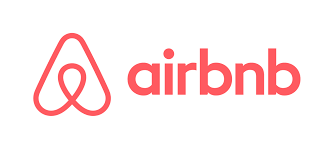Take a look at Alternative Lending
  

Alternative lending or "B" lending refers to lending practices that fall outside normal banking channels. Alternative lenders think outside the box and offer solutions to Canadians who wouldn’t otherwise qualify for traditional mortgage financing.
In an ideal world, we’d all qualify for the best mortgage terms available. However we know this isn’t always the case. Securing the most favorable terms depends on your financial situation. Here are a few circumstances where alternative lending might make sense for you.
Damaged Credit
Self-Employment with low declared income
Non-traditional income like Airbnb, tips, commissions, Uber, Homeshare
Expanded Debt-Service Ratios - owing other large debts beyond the limits that "A" lenders would allow
Interest rates for Alternative lenders are typically about 1% higher than the lowest "A" rates, and they like to charge a 1% fee in addition.
I've had several instances whereby a client would only qualify for a condo/townhouse with "A" lenders, but with "B" lenders they can buy a detached house with a rental suite. With the rental income now in the equation, the house financed by the "B" mortgage becomes cheaper to pay for on a monthly basis than the town home with "A" financing. So getting a mortgage is not always about "getting the best rate". It's important to actually crunch the numbers.
BC Says No to AirBNB
  

B.C. has put in place new legislation to help municipalities regulate short-term rentals on sites like Airbnb, which provincial and municipal leaders say is affecting the availability and price of long-term housing.
The new rules passed their first reading on the BC Legislature Monday and include increasing fines for hosts breaking local municipal bylaw rules to $3,000 per infraction, per day, from $1,000.
All short-term rental platforms will also be required to share data with municipalities to improve local enforcement, although no private information about hosts will be released publicly.
In addition, all short-term rental platforms will have to include the business licenses and registration numbers of listings where they are required by a local government and must remove listings without those requirements quickly.
The province says the new rules, which will come into effect in stages from now through late 2024, are meant to create a minimum regulatory standard for housing available for rent for fewer than 90 days.
Read the entire article here: Click Here
|